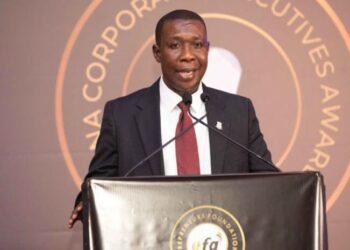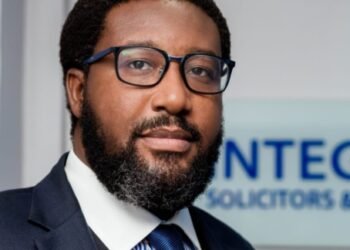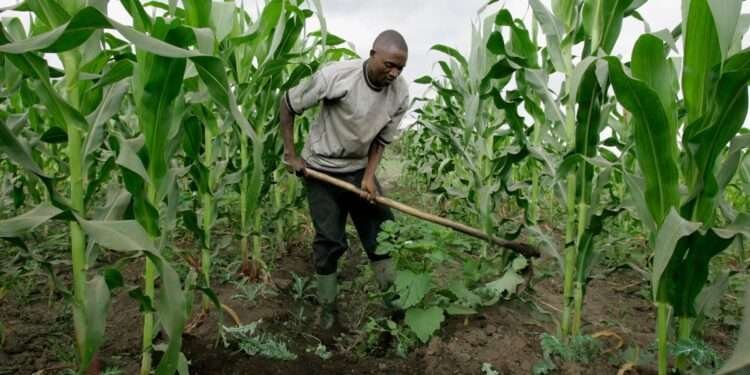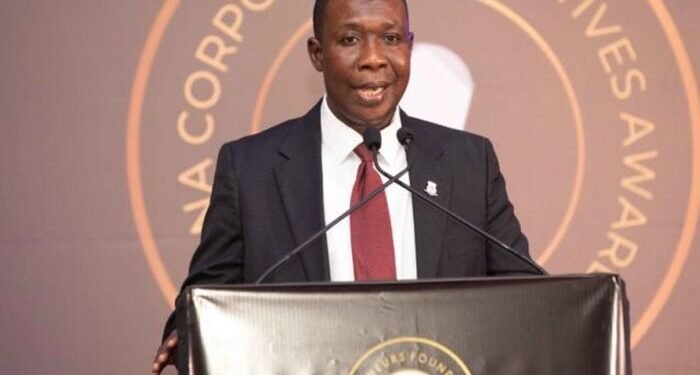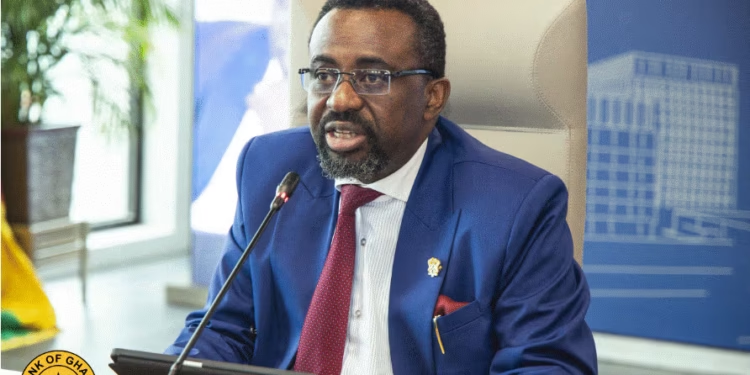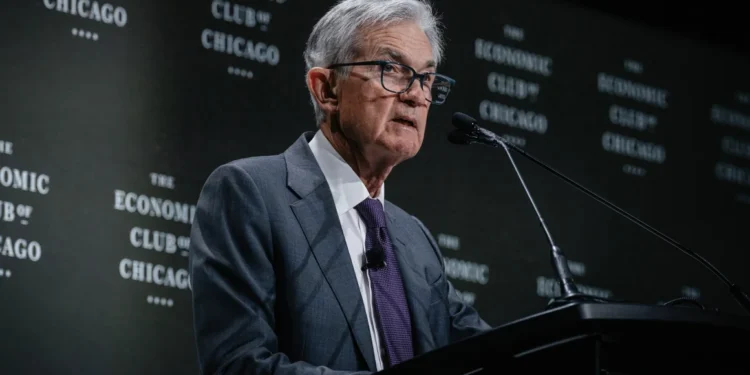The Executive Director of the Africa Centre for Energy Policy (ACEP), Benjamin Boakye, has called for a fundamental shift in Africa’s approach to energy development, warning that continued dependence on fossil fuels risks trapping the continent in unsustainable economic cycles.
Mr. Boakye urged African governments to ground their energy policies in sound economics, transparency, and inclusivity.
Participating alongside leading African think tanks, Mr. Boakye served on the Energy Mission panel, which examined how mission-driven approaches could accelerate Africa’s clean energy transition.
Mr. Boakye’s intervention struck a reflective tone as he revisited long-standing narratives surrounding oil and gas development on the continent.
“My initial remarks digressed slightly from the specific questions, as I was drawn to reflect on earlier discussions that resonated with ACEP’s position on Africa’s energy and climate narratives.
“There is a need for the continent to re-examine its stance on oil and gas development in the context of the transformation it seeks.”
Benjamin Boakye, Executive Director of the ACEP
He contrasted two examples presented during the conference to illustrate the widening gap between traditional and renewable energy economics.

“One focused on the cooperation between Italy and Tunisia to transmit gigawatts of solar energy, at around three cents per kilowatt-hour, beneath the Mediterranean Sea to blend with Italy’s far more expensive conventional power, costing around thirty cents per kilowatt-hour.
“The other presentation underscored the continued claim by some African leaders that oil and gas remain the future drivers of development.”
Benjamin Boakye, Executive Director of the ACEP
From his perspective, the argument for fossil fuels no longer holds firm in a rapidly changing global market.
“At that point, one did not need to be an economist to recognize that the fossil-centric narrative must be properly contextualized to prevent the continued haemorrhaging of national budgets tied to long-term fossil-based energy commitments.”
Benjamin Boakye, Executive Director of the ACEP
He stressed that renewable energy technologies have become increasingly competitive, particularly in Africa, where “there is no green premium on renewables.”
With advancements in storage technologies and cost reductions, Mr. Boakye believes renewables now present the most economically viable path for Africa’s energy-poor regions. “When the climate argument is set aside, the economic case for renewables still stands firm,” he noted.
Human Dimension of Energy Access

Turning to the issue of access, Mr. Boakye reaffirmed his commitment to ensuring that Africa’s energy transformation places people, not politics, at the centre.
He highlighted the urgent need to extend affordable and reliable electricity to more than 600 million Africans who remain without access.
He said, “Grid expansion alone does not guarantee access if people cannot afford to connect or consume power,” calling for a planning approach that places affordability and productivity at the heart of energy investment.
While commending the World Bank and the African Development Bank for their goal of halving energy poverty within the next five years, he questioned whether current ambitions are sufficient. “At the pace of Mission 300, millions of Africans will continue to live, and sadly die, without access to electricity,” he warned.
“Mission 300 must therefore be more than a numerical goal; it must serve as a catalyst to target every African living without electricity within the shortest possible time, driving bold and coordinated investments that place human dignity and opportunity at the centre of Africa’s energy transformation.”
Benjamin Boakye, Executive Director of the ACEP
Beyond infrastructure and finance, Mr. Boakye underscored governance as the critical determinant of success in Africa’s energy future.
He called on governments to plan effectively, deliver on commitments, and resist political interference in the energy sector.

“Politicians must desist from gaming opportunities for selfish interests.
“Many of the sector’s debts arise from politically motivated subsidies that benefit not the poor, but the politically connected.”
Benjamin Boakye, Executive Director of the ACEP
He criticized the persistent inefficiencies across generation, transmission, and distribution networks, noting that these have often been used as “a smokescreen for diverting public resources to cronies rather than to citizens.”
According to him, subsidies should directly target those who truly need them, rather than sustaining wasteful systems that deepen fiscal instability.
“Africa’s energy future cannot be built on the politics of convenience.
“It must be anchored on sound economics, transparency, and a genuine commitment to human development.”
Benjamin Boakye, Executive Director of the ACEP
Call for Economic and Moral Responsibility

In closing, Mr. Boakye reaffirmed that Africa’s energy transition is not merely about meeting climate targets but ensuring economic survival and social equity.
“The transition to clean, affordable, and reliable energy is not merely a climate agenda; it is an economic necessity and a moral responsibility.
“The choices made today will determine whether Africa remains trapped in cycles of dependency or leads a new era of sustainable growth powered by innovation, accountability, and access for all.”
Benjamin Boakye, Executive Director of the ACEP
Mr. Boakye’s message echoed a growing consensus among energy experts: Africa’s future depends not only on how much energy it produces, but on how wisely it chooses to power its people and economies.
READ ALSO: IC Research Predicts a Further Decline in Inflation to 6.5% for November




